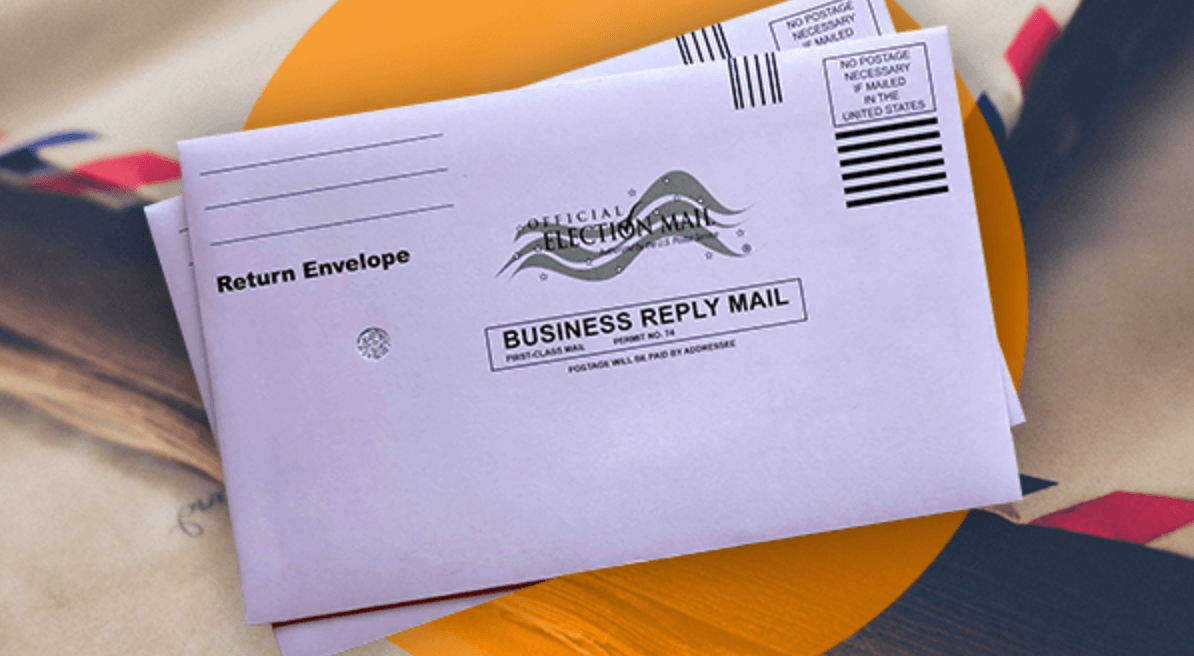By CultureBanx Team
- In 2016, a little more than 20% of Americans had voted by mail
- Marginalized communities are most impacted by voter fraud
Mail-in ballots depend on a tiny industry of tech companies focusing on boring, albeit extremely important things, like printing, tracking, scanning, and sorting ballots. Since the U.S. has no centralized election system, the job of executing our democracy’s fundamental transaction falls to officials in our 3,100 counties. As the election nears, is this the biggest vote-by-mail (VBM) business opportunity of all time, or the prelude to quite a big mess?
Why This Matters: Democracy is a small-time hustle for middle-market firms, or at least it was, due to the only 55.7% of Americans that voted in the 2016 election, a 20-year low. In 2016, a little more than 20% of Americans had voted by mail. This year, when polling places could be hobbled on November 3, the companies who run the VBM business are projecting to have a 50% increase. One printing company, Runbeck Election Services, expects to produce 15 million mail-in-ballots this year.
Panasonic is sending scanners to 14 counties for signature verification, which is up from just two during the last presidential election
Companies like BallotTrax that follows your vote through the mail and sends you alerts if it gets lost, is working with 400 counties this year. A number that’s up from just 20 countries in 2016. Not to mention even big tech companies, like Panasonic, are sending scanners to 14 counties for signature verification, which is up from just two during the last presidential election.
This is how it works to run a VBM election; counties source two kinds of technology: outbound and inbound. Outbound, is the ballot that goes to the voter and requires making something. Inbound, is what the voter sends back and requires counting. Since the early 1990s, the portion of votes cast by mail has tipped upwards in every presidential-election cycle. It hit an all-time high in 2016 of 24%, or about 33 million ballots.
Situational Awareness: Several startups have been trying to make online voting happen for years. However, online voting is still a distant reality because election security experts have plenty of concerns about these platforms’ security. It’s possible new software could make voting more modern and equitable for marginalized communities who are most impacted by voter fraud.
CBx Vibe: “Vote” Jhené Aiko









